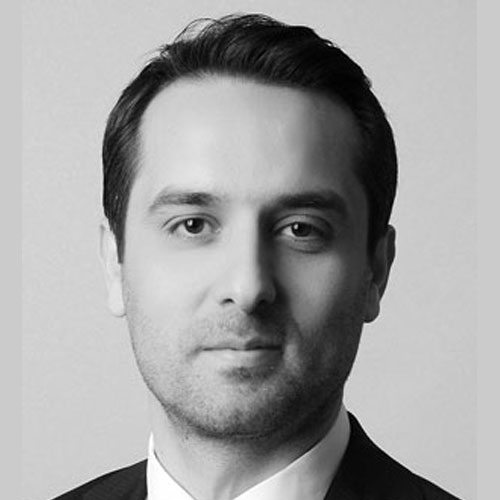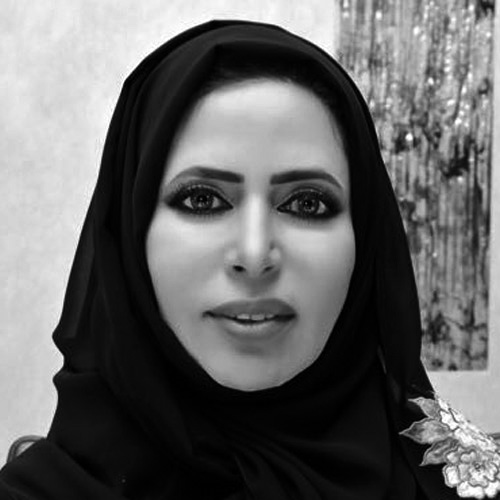In contrast to the habitual state of antagonism, the Middle East has witnessed an unusual moment of regional de-escalation in the past two years. Several key actors have engaged in diplomatic appeasement, normalising relations, and the opening of new pages in bilateral relations. Türkiye, Qatar, Saudi Arabia, the UAE, Egypt, and others have followed this new approach, signing several agreements, ranging from business and security to defence and tourism.
However, optimism for a more peaceful future in the Middle East is tempered by realities on the ground. A looming food crisis exacerbated by skyrocketing prices could easily contribute to yet another wave of upheavals in the region. Meanwhile, fault lines continue to be active in Syria, Libya, Yemen and elsewhere, creating the conditions for another potential regional flare-up.
While the United States position has considerably shifted from the posturing of the ‘War on Terror’, the strategic coalescence around the so-called ‘pivot to Asia’, the renewed US focus on great power competition, the Ukraine war, as well as Russia’s weaponisation of energy has paved the way for what the Center for Strategic and International Studies’ Jon Alterman has called “The Middle East’s Coming Centrality.” This session will explore how these dynamics are set to impact the future of a region in flux.
Discussion Themes
How will the re-emergence of great power competition impact regional dynamics in the Middle East, particularly as it relates to the ongoing war in Ukraine and the intensifying confrontation between the United States and China?
Is the current conciliatory political mood in the MENA region reinforcing regional states’ national security and regional standing?
Will the region focus more on the development of bilateral political, economic, and security connections rather than engage in zero-sum games as was the case in the previous decade?
How can regional actors establish a more durable equilibrium in the Middle East?
Are the shifting alliances in the Middle East a response to the fast-changing and increasingly multipolar framework?



